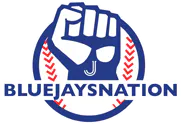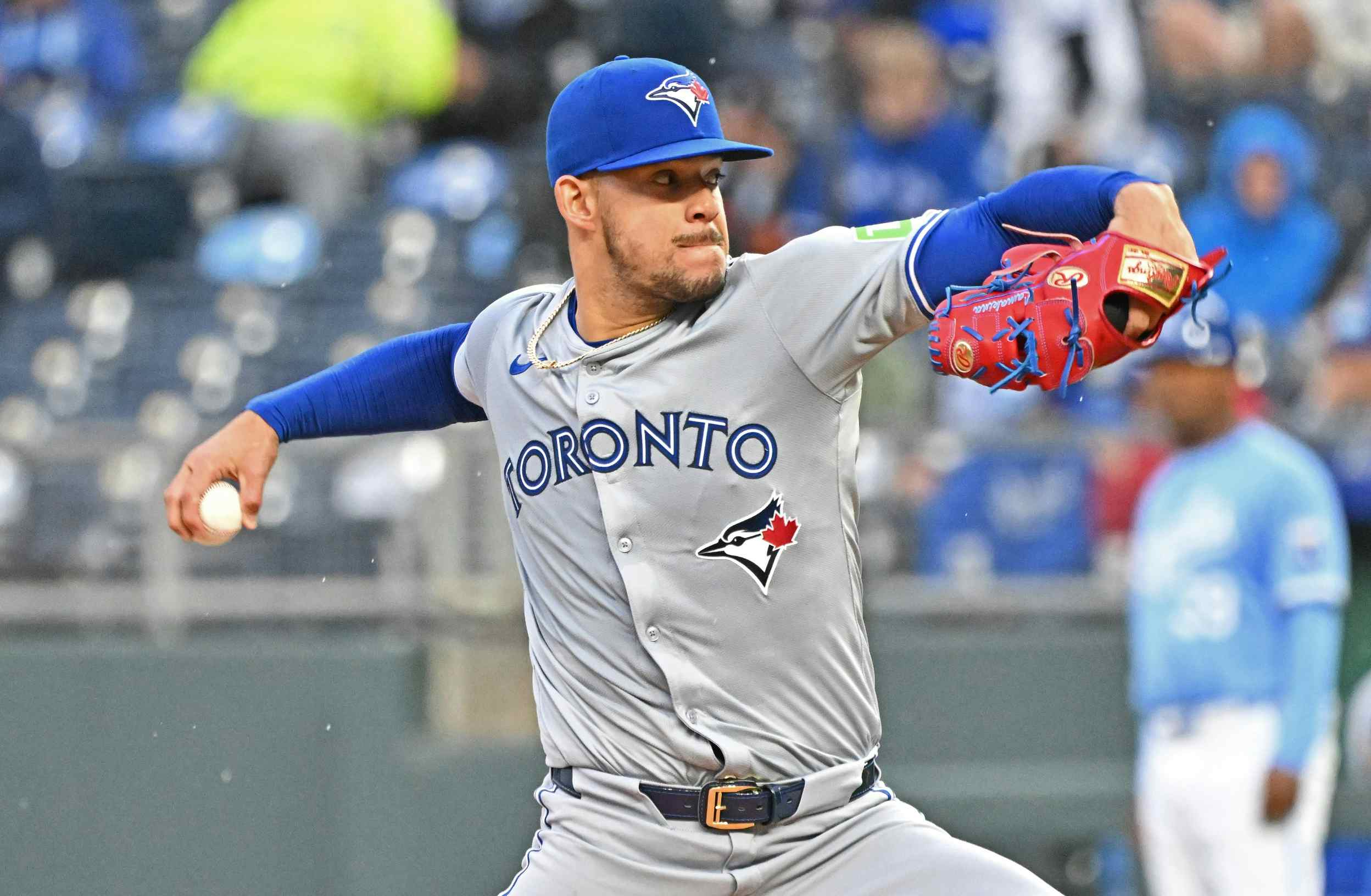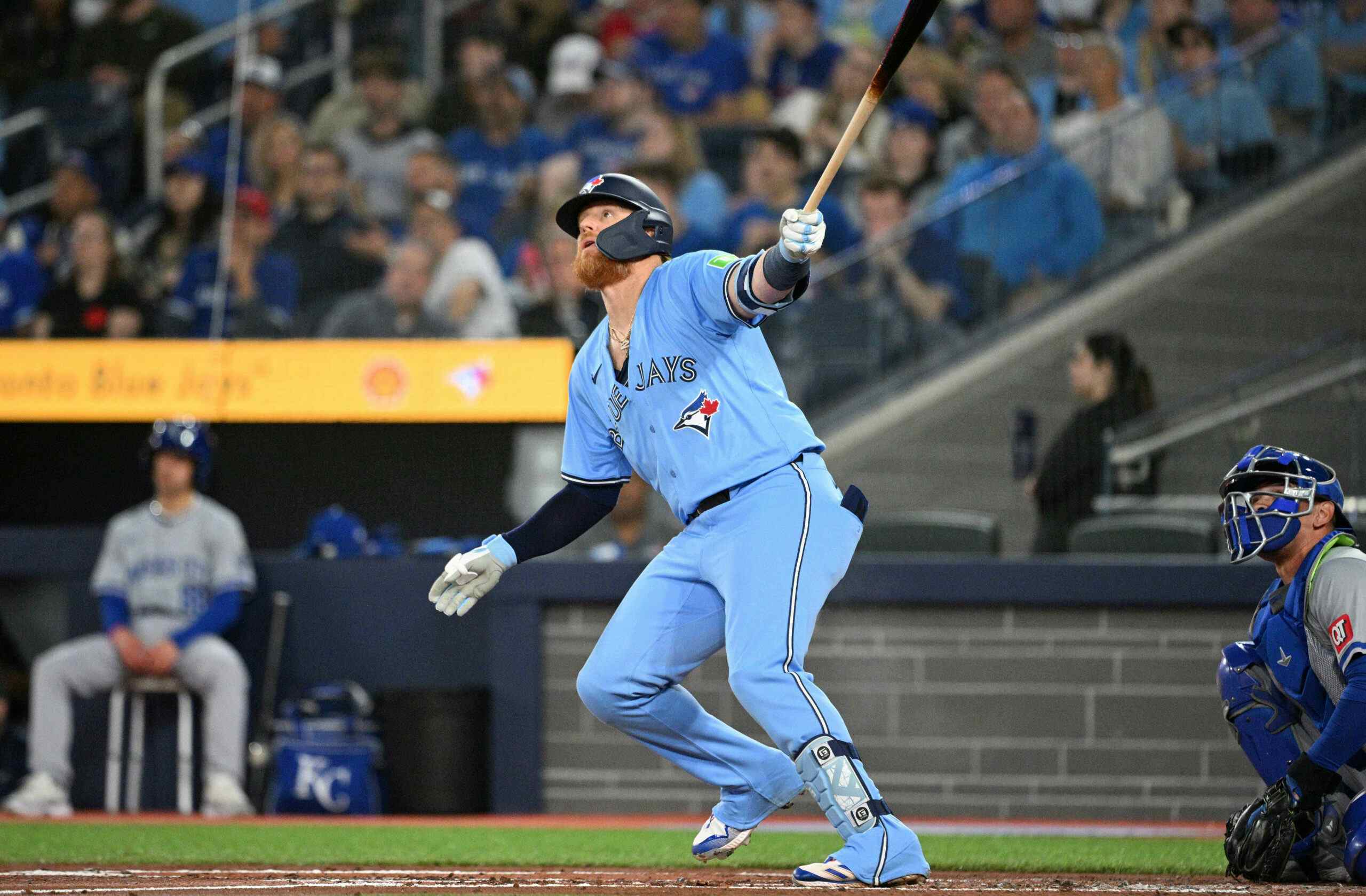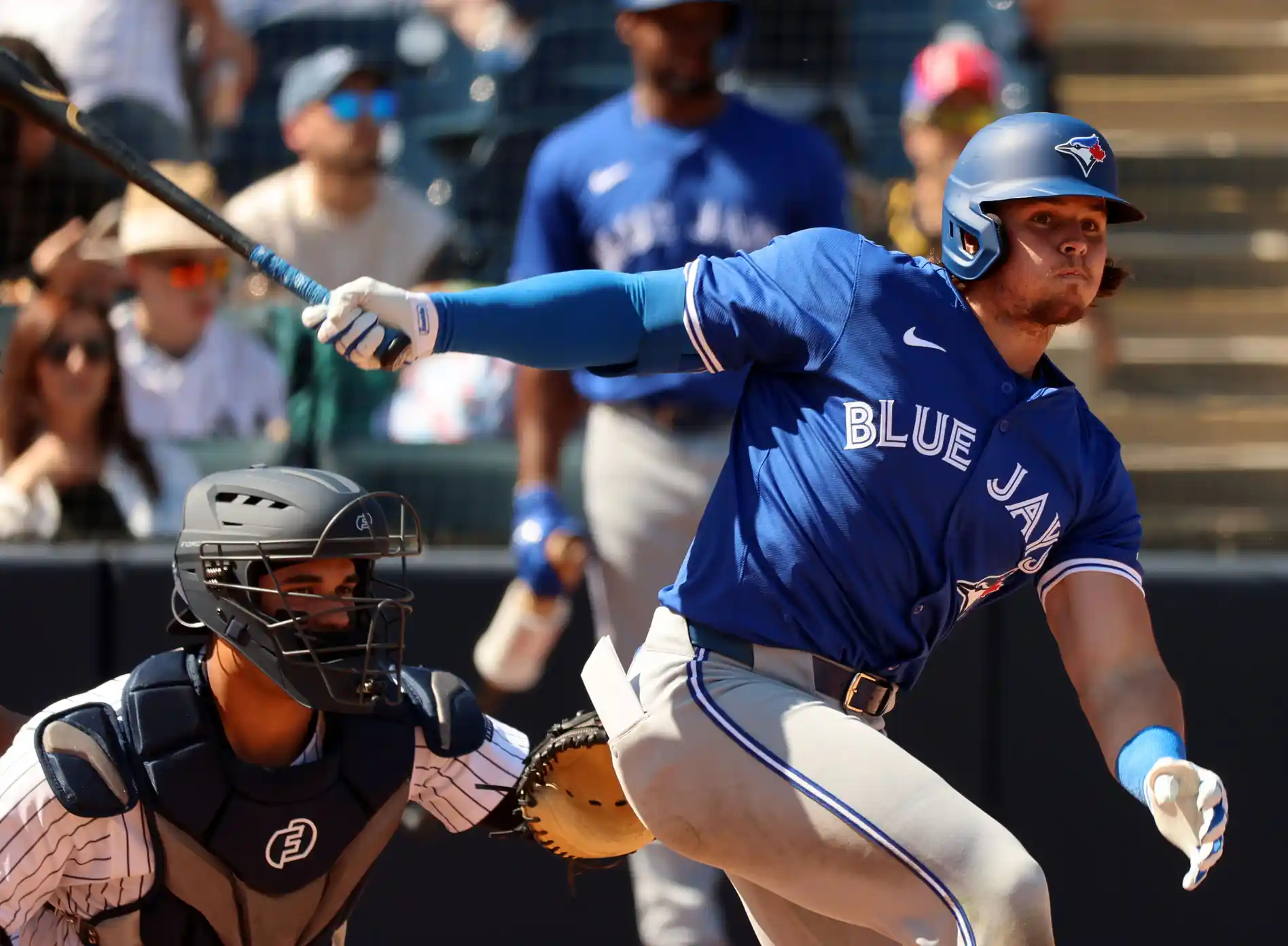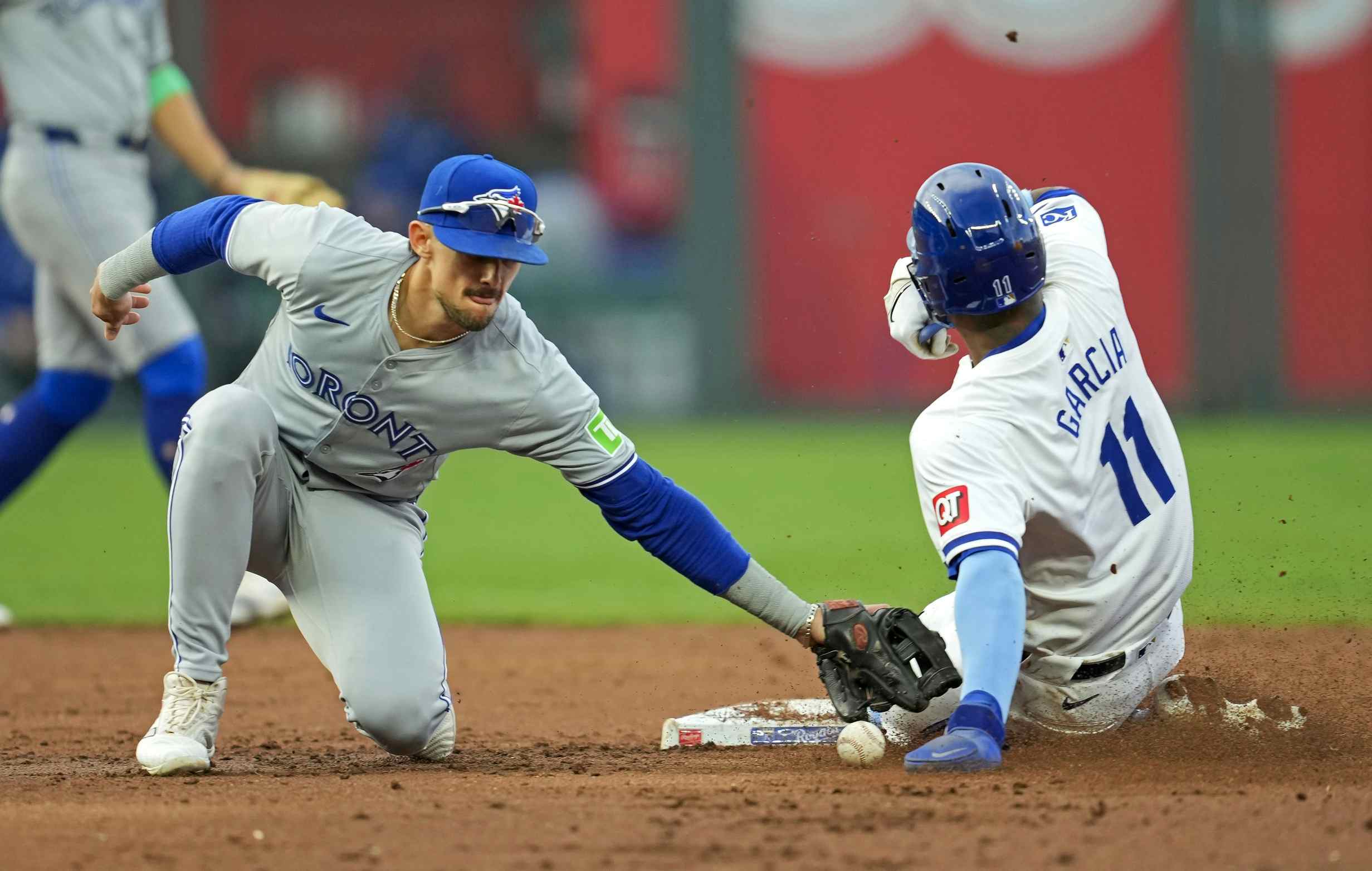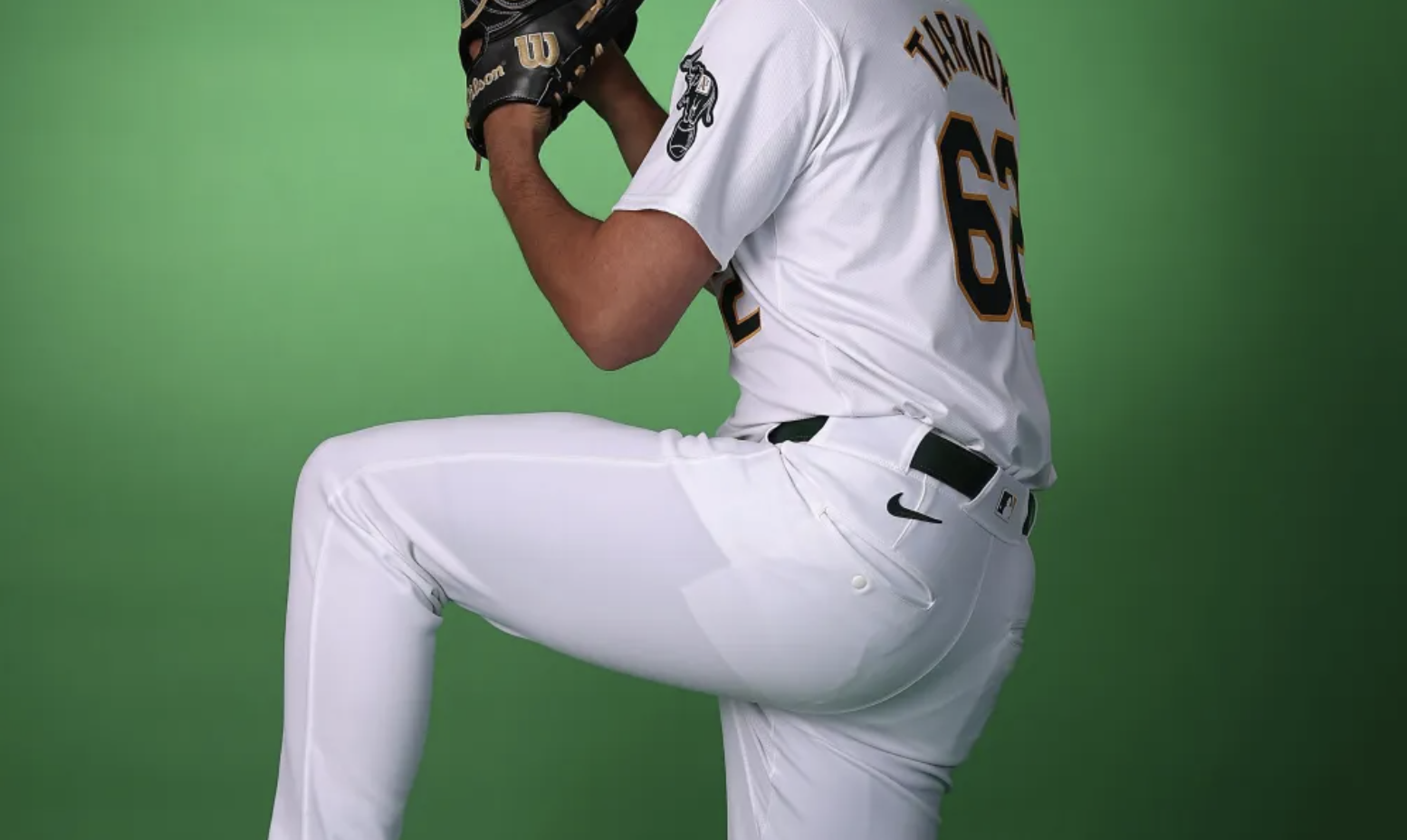Analyzing the declining tradability of Randal Grichuk’s contract
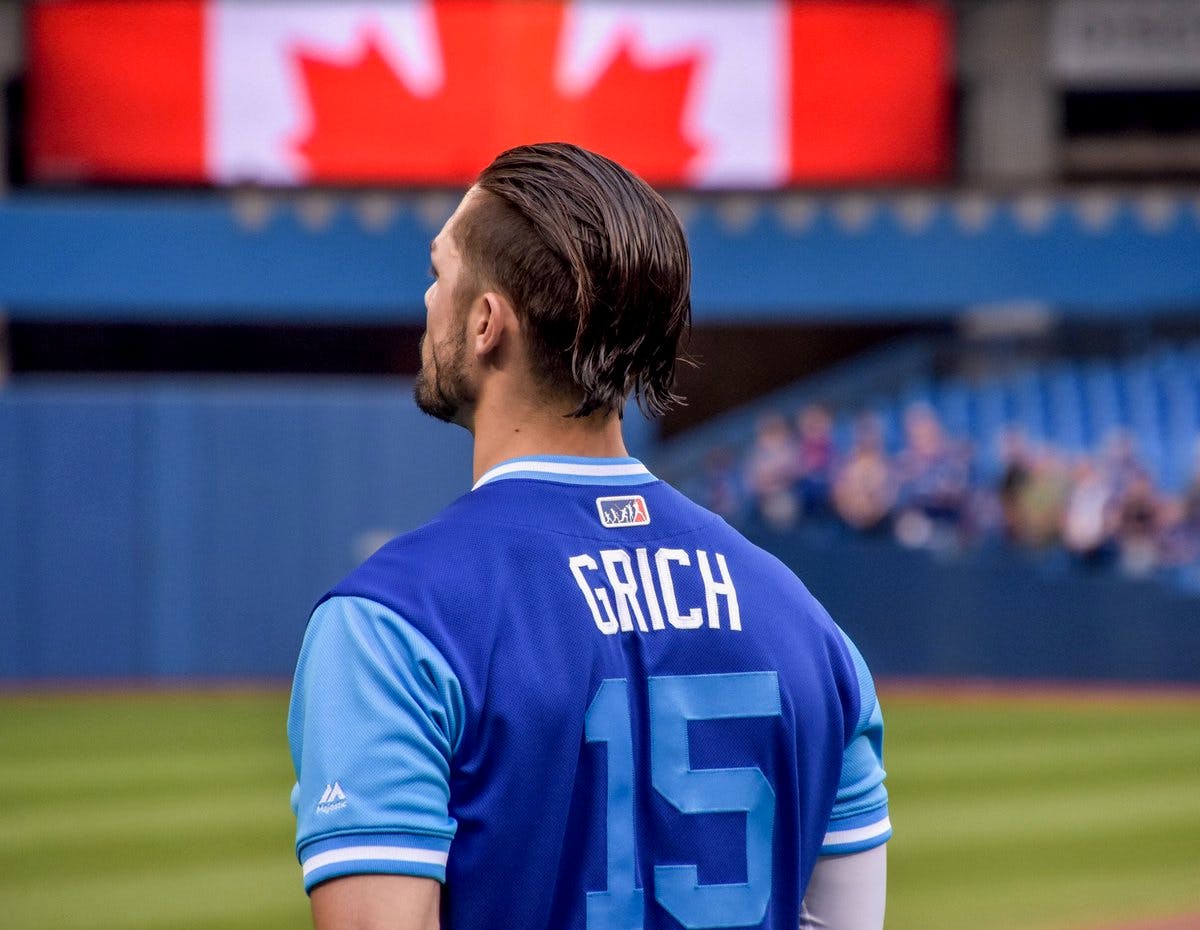
When the Blue Jays signed Randal Grichuk to a five-year, $52 million contract extension in April, many were surprised by the parameters and length of the deal, which was considered to be wholly unnecessary to begin with. Granted, the team acquired him for almost nothing and slotted him in immediately upon his arrival.
Regardless, Grichuk didn’t have a particularly spectacular debut season in Toronto and didn’t appear to be a leading candidate for a major extension, especially given the sheer quantity of supporting outfielders that surrounded him this season.
Sure, he’d been productive (115 wRC+, 2.1 WAR, .803 OPS), but his peripheral numbers, mainly his career .293 OBP, don’t appear to be sustainable or attractive long-term, especially to an organization that claims to be as forward-thinking and analytically-driven as the Blue Jays.
At the time the contract was signed, there was one sure thing that Blue Jays fans could hang their hats on despite the numerous potential issues: the contract would tradeable due to its relatively sensible term and dollar amount.
Blue Jays radio host Scott MacArthur often reassured anxious callers that, should Grichuk’s value plummet or should he somehow become expendable, the front office could deal him without having to give up an arm and a leg to the team that’d take him. In a perfect world, the contract would provide stability if successful, and be tossed aside without consequences if deemed a failure.
Of course, it remains to be seen whether or not this is true, though the first season under the new extension hasn’t exactly been encouraging. But, exactly how tradeable is his contract?
As my colleague Ian Hunter observed recently, the deal isn’t worth a lot of money by any stretch of the modern imagination. In fact, the Blue Jays spent more money on Kendrys Morales this season than Grichuk, with the latter of course playing for them instead of against them.
Still, roughly $10 million a year over the next four seasons shouldn’t be simply thrown away in the name of potential consistency. Is Grichuk even that consistent?
In a word, yes, but consistently underwhelming. Sure, he hit 31 home runs in 2019, but he notably had the lowest on-base percentage of any American League hitter who hit 25 or more home runs. He struck out as much as Miguel Sano and Teoscar Hernandez and put together a season worth a measly 0.3 WAR.
At this point in his career, Grichuk appears to be set in his ways. Old-school scouts and managers posit that a player, deserving of a legitimate chance, requires roughly 1500 at-bats at the game’s highest level to “settle in” to his career norms. While baseball minds of yore are dismissed for relying too much on the eye test, this adage is hard to argue with.
At 2301 career at-bats, the Rosenberg, Texas native carries a slash line of .244/.293/.483, has mashed 122 home runs, and has added 144 doubles, 20 triples, 20 stolen bases, and 323 RBI.
The problem here isn’t that Grichuk is a bad player. Actually, Grichuk is a very sound defensive outfielder who, if this team was constructed differently, would be an excellent complementary piece to an already concrete lineup. But, this roster is constructed to depend heavily on him for production and consistent offence, and it doesn’t appear to be changing anytime soon.
Players like Grichuk don’t thrive in baseball nearly as well as they did in, say, 2007. That season, Adam Dunn (165 SO, 40 HR) and Carlos Pena (142 SO, 46 HR) were among the league’s most coveted offensive assets. Now, similarly constructed hitters, like the infamous Chris Carter (41 HR, 206 SO, .321 OBP in 2016) are left without jobs, and for good reason.
Of course, Grichuk isn’t nearly as extreme in his makeup as any of the aforementioned names, but he certainly leans towards the classic power hitter, one who will either strike out or hit a home run nearly every time he steps up to the plate.
The issue here isn’t necessarily in Grichuk himself, but rather how he fits into the team. Similar to Chase Anderson, Grichuk shouldn’t be a player that teams build around, but is rather a third or fourth asset that a contending front office plops into an already established core.
This roster, constructed as it is today, is not established, consistent, or concrete, and therein lies the true unease caused by the contract: it might’ve been good had it been signed under certain circumstances, but it was glued down when it should’ve been velcroed. Anchoring a contract this large this early in a rebuild (in which priorities have been jumbled, to put it lightly) presents a scary precedent for fans. Now, the Blue Jays are tasked not only with bringing out Grichuk’s potential, but building around him.
Poorly shaped analogies aside, the underlying concerns remain. Who would want, or spend resources to pay for, a guy who’ll constantly put up OBP numbers under .300?
Conceivably, the Astros, Athletics, and Braves — teams with high team OBP and AVG numbers this season — could afford to add some more power to their lineups at the expense of walks. Still, it’s hard to see the Astros, owners of one of the league’s best outfields, taking a flyer on someone making as much as Grichuk. Oakland, perpetually known for their (warranted) frugality, is rarely an organization that takes on other teams’ errant contracts, while the Braves have more outfielders than they probably care to admit.
Outside of that, the Diamondbacks, Cubs, Angels, and Mariners could likely use an outfielder with some pop, but it’s hard to imagine any of them, mainly Seattle and Los Angeles, spending money instead of saving it.
Most of all, it’s entirely possible that Grichuk has a tremendous season in 2020, outperforms his expectations and makes his contract seem like a bargain. That would be fantastic, not just for him, but for the jigsaw puzzle that is the 2020 Blue Jays payroll. But, if he doesn’t break out and continues to be a name to be pencilled into the team’s payrolls for seasons to come, the team could be in trouble.
And so, it’s unfair to root against Randal Grichuk. But, if optimism for the outcome and value of his contract comes in how easy it might be to get rid of it, it might not be such a great contract after all.
Recent articles from Hayden Godfrey
